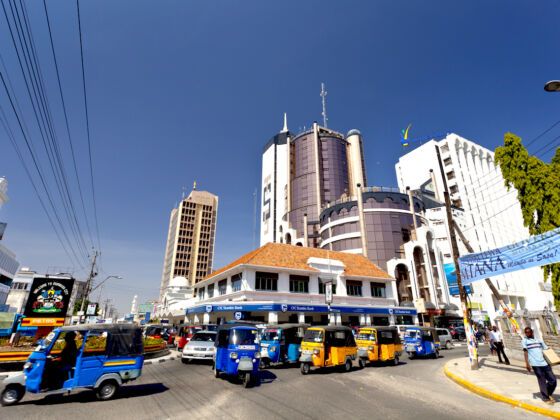We didn’t have wifi when it happened, but as soon as we woke up Sunday, September 22, another American at our hostel in Kampala, Uganda, informed us about the Al Shabab shootings at Westgate Mall in Nairobi the day before. She had been traveling around Kenya and Uganda doing academic research for a while.
“This scares me more than 9/11 did,” she said. “I mean, those weren’t very close to home for me,” — she was from the Midwest — “but Westagate Mall on a Saturday afternoon? Sure! If I had been in Nairobi, it’s very likely I would have been there.”
